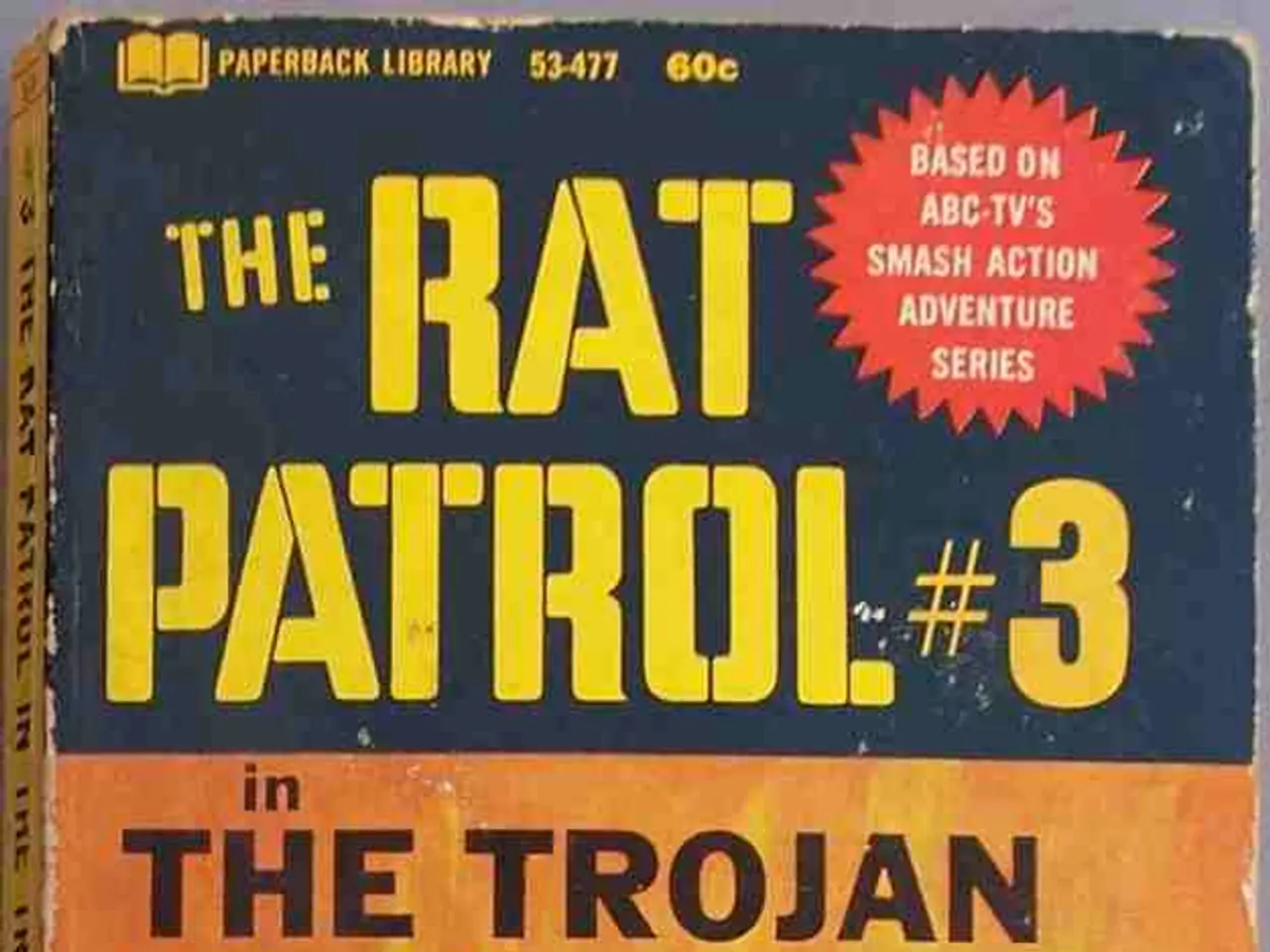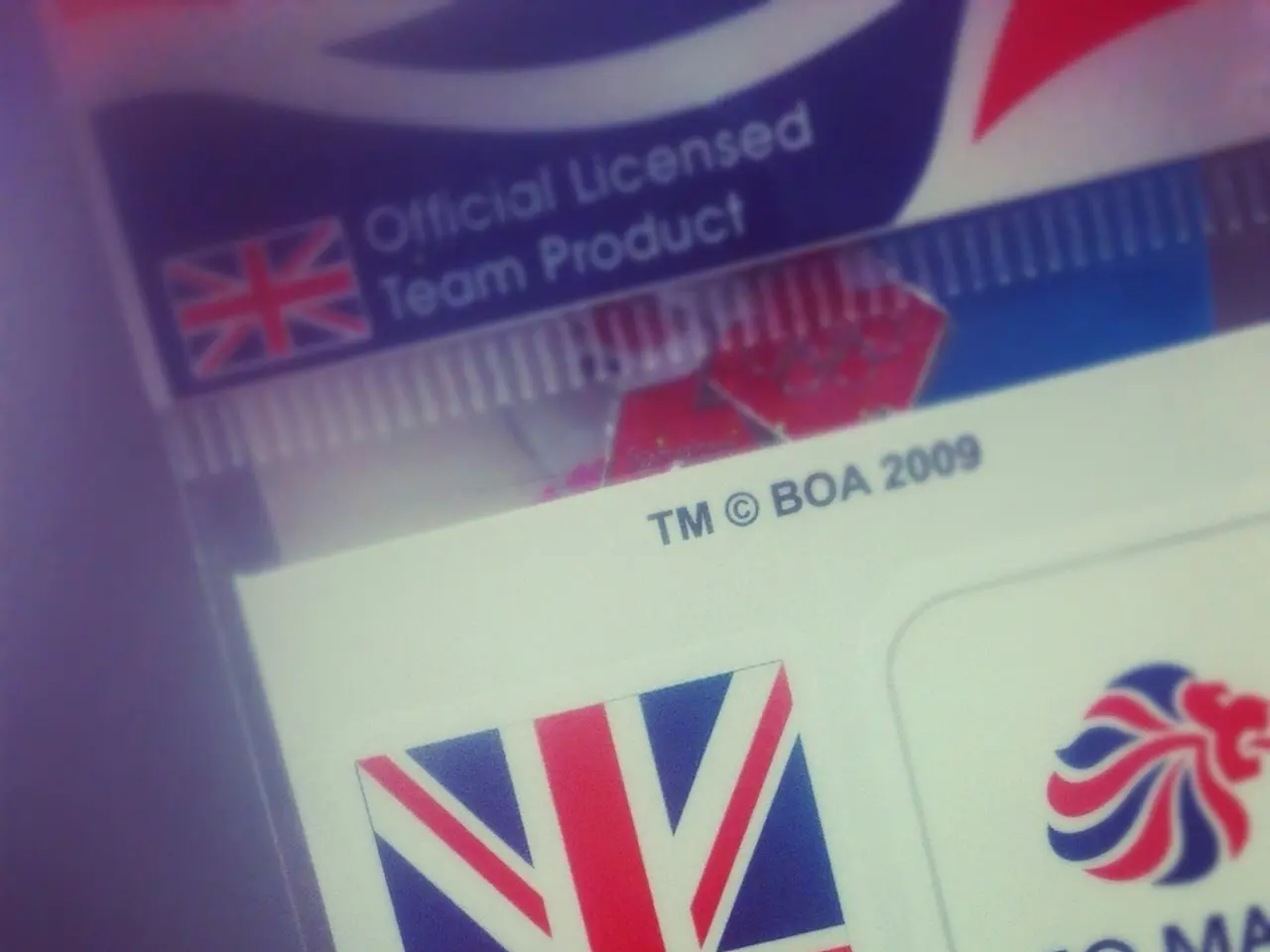Russia confronted by Trump's explosion
In recent times, the discussion about an independent European deterrent has been rekindled, with only France and Britain in Europe having their own nuclear weapons, and Britain out of the picture after Brexit. This geopolitical shift has sparked a surge in the European defense sector, as reflected by the outperformance of European defense companies.
The current state of the arms race between the US and Russia remains tense, marked by military posturing and advancements in nuclear capabilities. The US has deployed two nuclear submarines closer to Russia, signaling heightened strategic military readiness in response to Russian moves. Russia, meanwhile, has produced and deployed its first serial Oreshnik ballistic missile system, with plans to station them in Belarus.
Russia and Belarus assert that Western sanctions have not significantly weakened them and that they continue to develop military technology and economic resilience despite sanctions. Concurrently, the US is maintaining strong support for Ukraine with new arms sales and is preparing tougher sanctions, especially targeting Russia’s energy sector, aiming to pressure Russia's war capacity further.
For investors, these developments suggest continued government spending growth in defense and aerospace sectors in the US and its allies, given ongoing military support for Ukraine and strategic rivalry with Russia. Defense companies involved in missile systems, naval vessels (especially submarines), nuclear deterrence technology, and advanced weaponry could see increased demand.
However, due to geopolitical uncertainty and potential volatility from escalations, defensive sector investments should be approached with caution. It is essential to monitor policy changes, arms deal announcements, and geopolitical developments closely, as shifts can rapidly impact defense budgets and contractor order books. Diversifying within the defense sector and focusing on firms with solid government contracts and innovation in next-generation technology may be prudent.
The European Defence Index, representing major European defense and security companies, has gained significantly this year. Companies like Rheinmetall, Thales, Leonardo, Hensoldt, Rolls-Royce, Saab, Airbus, and BAE Systems have reported a boom in orders since the beginning of the Russian invasion. The Index is currently trading around 120 points after slight profit-taking, significantly higher than at the beginning of the year.
The escalating conflict between Trump and Medvedev is causing growing concern among Transatlantic allies, with Europe's strategists questioning how far the power struggle will go and whether they are adequately prepared. Nervousness is palpable in European capitals due to Trump's sudden about-faces in US-Ukraine policy, causing unease and fueling fears that Washington could turn away from Europe in the long run.
In response, Germany alone is investing 100 billion euros in the Bundeswehr, France is also significantly increasing its military budget, and defense budgets across Europe have been significantly increased after decades of austerity. Paris is signaling a potential willingness to take on the role of Europe's nuclear protector, a move that has been criticized in Moscow as "nuclear blackmail".
In conclusion, the US-Russia arms race remains active with advancing nuclear and missile capabilities and sustained military support for Ukraine. Defense sector opportunities rooted in missile systems, nuclear submarines, and technology upgrades likely remain favorable but come with geopolitical risk that investors should carefully evaluate. The European defense sector, however, appears to be in a comfortable position as long as tough talk like that of Trump and Medvedev dominates. Defense stocks are now considered "New Stock Stars", serving as a strategic allocation for crisis times in many portfolios.
- The escalating tensions between the US and Russia, highlighted by advances in nuclear and missile capabilities, continues to be a significant focus in policy-and-legislation and war-and-conflicts discussions.
- The European defense sector, marked by the increase in European defense budgets and the surge of orders for major European defense companies, continues to be influenced by politics and general-news related to war-and-conflicts, especially in relation to Russia.
- The ongoing crime-and-justice issue of sanctions between the US and Russia, along with political tensions, is impacting the economic resilience of both countries and shaping the trajectory of policy-and-legislation and political relationships globally.






